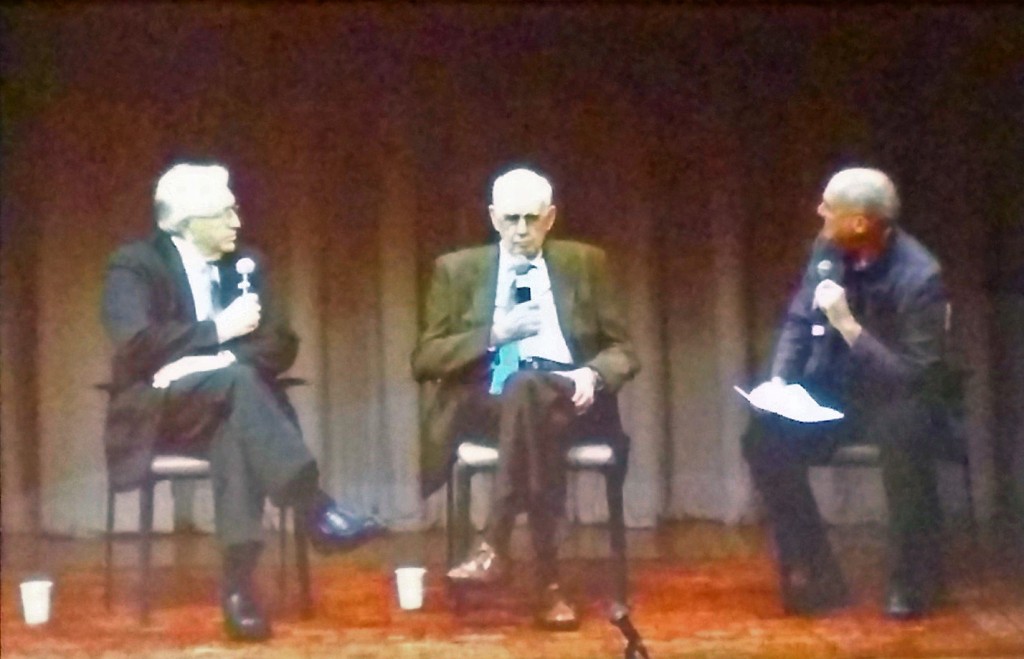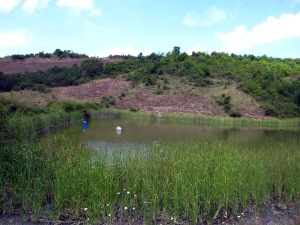
Tonight, some of the biggest names in the sustainable food movement gathered in the Great Hall at Cooper Union. The occasion? “Nature as Measure,” a talk on agriculture and the future of farming presented by the Land Institute and the Berry Center.
If I had to choose a single cookbook for today’s aspiring home chefs, it would be Mark Bittman‘s How to Cook Everything. He first became nationally known through his NYT column “The Minimalist,” which cut through the confusion to teach healthy, painless home cooking. I used to describe Bittman as my generation’s Julia Child, but he has since moved on to bigger and bolder topics: influencing national food policy. I don’t always agree with his pronouncements, but aside from perhaps Michael Pollan, no other American food writer is as well-loved and widely-read as Mark Bittman.
While Bittman is a relatively recent addition to the food politics scene, Wendell Berry is the elder farmer-poet-statesman. If I were to search my inbox for food-related signature quotes, I’m fairly certain that Berry’s soundbites would be the most frequently used. I also have a soft spot for Berry because he hails from my home state of Kentucky. (Bet you didn’t know that I’m a Southern belle!) Berry has been writing and thinking about agriculture for decades now, and channels the oratorical elegance of Lincoln (another KY native) in many of his thoughts:
“The care of the Earth is our most ancient and most worthy, and after all our most pleasing responsibility. To cherish what remains of it and to foster its renewal is our only hope.”
“Not luxury or extravagance for a few, but modest, decent, sustainable prosperity for many.”
And of course, the simple but profound sentence that launched Michael Pollan’s food journey:
“Eating is an agricultural act.”
Continue reading Nature as Measure: What’s the future of farming?








